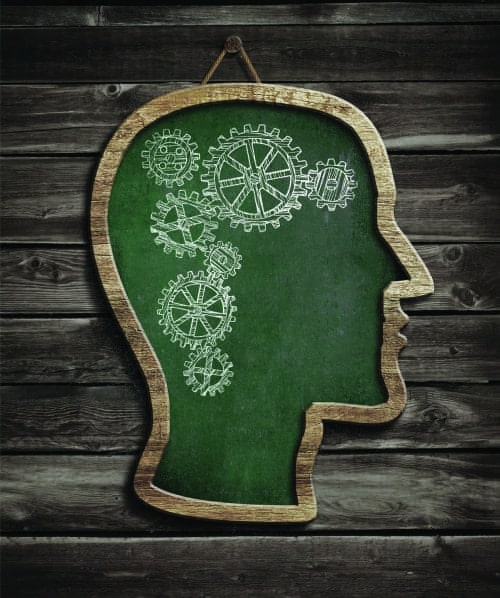An open access article published April 11 in the Journal of Otolaryngology-ENT Research reviews evidence for why it’s important to “suspect, test, document, and manage” both audition and cognition from a healthcare perspective. Written by audiologist Douglas Beck, AuD, the article highlights research about the benefits for early and comprehensive hearing and listening assessment for people complaining of listening difficulty, allowing “professionals to accurately diagnose and intercede early, and perhaps alter or slow the trajectory of hearing loss, suprathreshold listening disorders, speech and language disorders, psychological disorders, MCI [mild cognitive impairment], dementia, cognitive decline and other life-changing disorders.”
Related Article Series: Issues in Cognition, Audiology, and Amplification
The article reviews over 70 years of research going back to Myklebust’s seminal 1949 paper, “The Relationship between Clinical Psychology and Audiology” and shows how hearing and listening are not the same thing; suprathreshold listening disorders—with etiologies ranging from APD to traumatic brain injury—can overlap with hearing loss and cognitive decline, and these problems do not necessarily occur in silos apart from each other. Further, listening problems are often detected by a person’s ability to hear in noise (eg, speech in noise or digits in noise test) rather than by pure-tone thresholds on an audiogram.
Related Article Series: Expert Roundtable: Cognition, Audition, and Amplification: 2015
Dr Beck also explores the relationships between hearing impairment and cognitive function, including the Lancet Commission findings, research at Johns Hopkins, the large-scale study by Amieva et al, and the work of Sharma & Glick which strongly suggests neuroplasticity and functional brain changes even in people with only mild hearing loss. He also details studies that show how early intervention with hearing aids and cognitive screenings may potentially lead to improved outcomes regarding care for people at risk for dementia.
Citation for the article: Beck DL. The emerging relationship between cognition and audition: why cognitive screenings are beneficial for audiology patients and why comprehensive audiometric evaluations are recommended for people with mild cognitive impairment, cognitive decline and dementia. J Otolaryngol ENT Res. 2022;14(1):1-6. DOI: 10.15406/joentr.2022.14.00496







Prof Beck’s gathering of so much excellent research into hearing/cognition/general health is surely a wake-up call to medicine at large!
Learning here how crucial the first audiological assessment is, and how limited the traditional tests may be, I would like to know to what extent the FFR frequency-following method of Dr Nina Kraus is finding its way into clinical practice.
Her extraordinary playback via scalp electrodes of recognisable music and speech, could be a great way not only to refine assessment but also to inform technical improvements in hearing aids. For example, one can clearly detect the room acoustic captured by the subject’s ears and brain as well as what I interpret, by A/B comparison, as occasional mental processing delays.